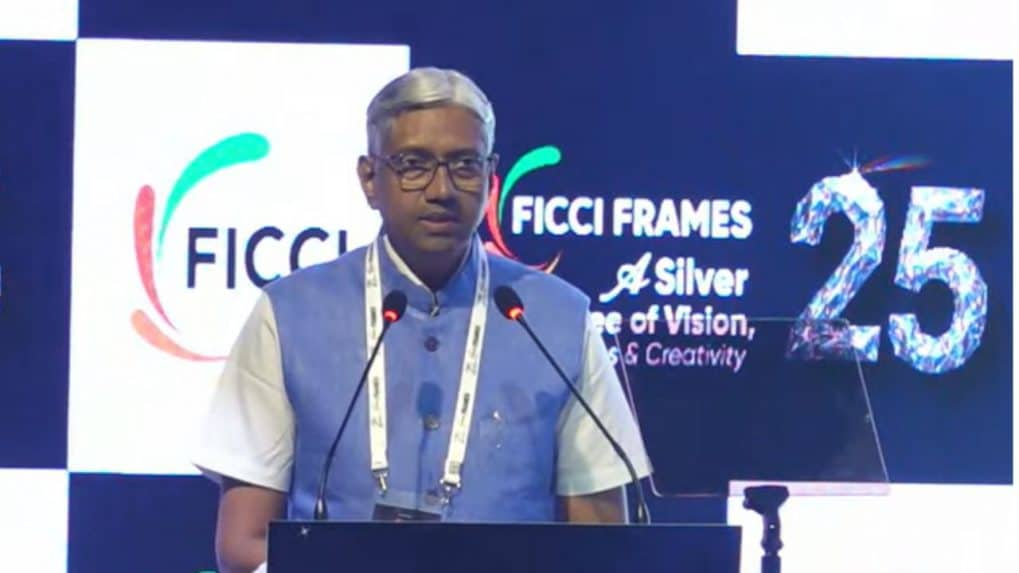Lahoti defends TRAI’s new audit framework, says move aims to protect small cable operators and sustain industry growth
In an interview with Storyboard18, TRAI chief stresses that smaller MSOs are under financial stress and need regulatory relief; calls the new audit regime a balance between compliance, transparency, and survival.
ADVERTISEMENT
Anil Kumar Lahoti, Chairman of the Telecom Regulatory Authority of India (TRAI), has defended the regulator’s latest draft amendments to the Telecommunication (Broadcasting and Cable) Services Interconnection (Addressable Systems) Regulations, asserting that the proposed overhaul of the audit framework is designed to protect smaller operators while strengthening accountability in India’s broadcasting distribution ecosystem.
Speaking to Storyboard18, Lahoti said TRAI’s decision to exempt distributors with fewer than 30,000 subscribers from mandatory annual audits was informed by extensive on-ground engagement with regional operators.
“Smaller players are already under stress; we must address their survival while sustaining the industry’s overall growth,” he said.
Lahoti added that TRAI officers had direct interactions with local cable operators (LCOs) and smaller multi-system operators (MSOs) across different regions and found that the existing audit obligations had become a financial burden.
These players face capacity and cost constraints. The intent is not to compromise on transparency, but to calibrate compliance in a way that does not jeopardize their operations, he pointed out.
The TRAI chairman’s comments come shortly after the regulator issued the Seventh Amendment to the Interconnection Regulations, 2025, which proposes realigning audit cycles with the financial year, introducing stricter penalties for non-compliance, and revising infrastructure sharing norms.
Under the proposed framework, all large distributors will continue to face mandatory annual audits of their subscriber management, conditional access, and digital rights management systems. However, smaller operators have been given flexibility to conduct voluntary audits.
Lahoti emphasized that the regulator’s approach balances ease of doing business with regulatory discipline. “Broadcasting has thousands of players with conflicting interests. TRAI listens to all stakeholders. Our role is to ensure the growth of the sector while balancing the concerns of smaller players with limited power,” he said.
It is to be noted that the revised audit regime also introduces penalties for delayed audits : ₹1,000 per day for delays of up to 30 days, and ₹2,000 per day thereafter, capped at ₹2 lakh annually, and allows broadcasters to disconnect signals if serious non-compliance is found.
Additionally, the draft amendment mandates separate instances of subscriber management and access control systems for distributors sharing infrastructure, ensuring complete data segregation. TRAI has also limited on-screen watermarking to two logos- those of the broadcaster and the last-mile distributor - to reduce clutter while maintaining anti-piracy safeguards.
The authority has invited stakeholder comments on the draft by October 14, 2025, with the new rules scheduled to take effect from April 1, 2026.
By advocating a framework that offers relief to small operators while tightening accountability for larger ones, Lahoti underscored TRAI’s broader intent to maintain transparency, reduce disputes, and foster a fair, growth-oriented broadcasting ecosystem.
Read more: TRAI issues draft amendment on broadcasting audits, seeks stakeholder inputs


